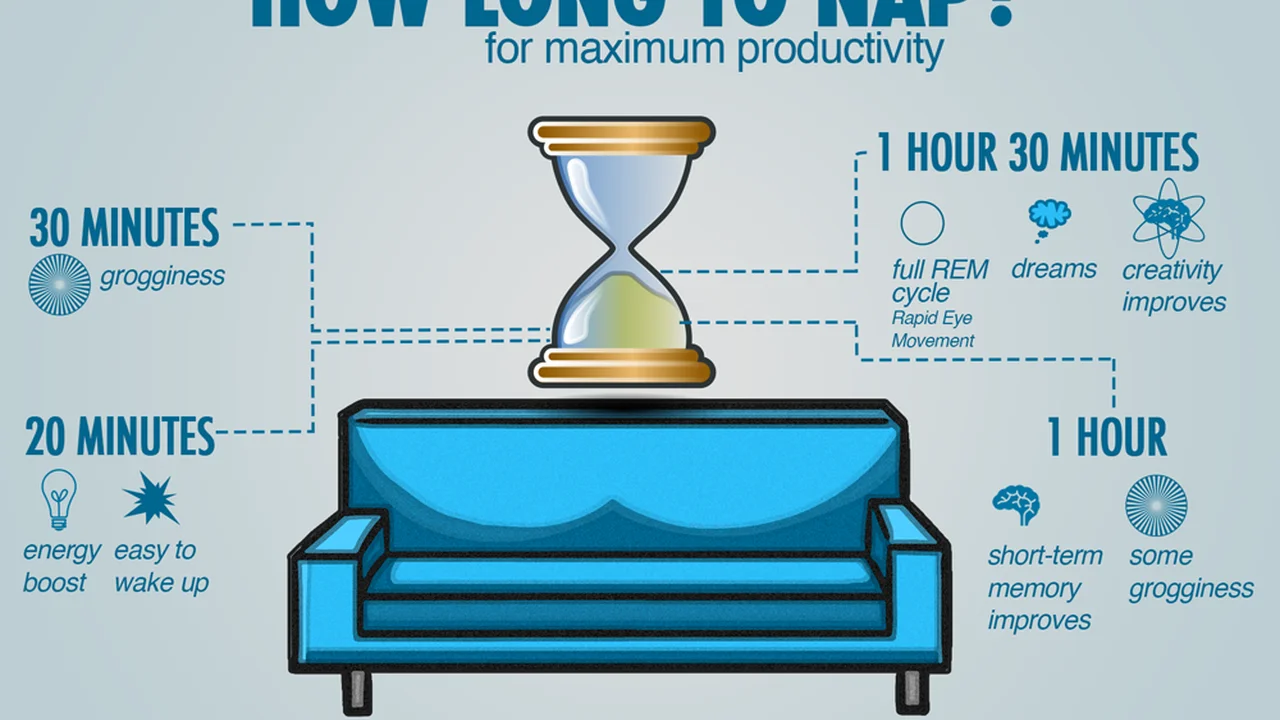5 Reasons to Include More Fiber in Your Diet
Meta description: Heart disease is a leading cause of death, but there are many things you can do to reduce your risk. Learn about the risk factors for heart disease and how to make lifestyle changes to protect your heart. Live a heart-healthy life and reduce your risk of cardiovascular problems.

Understanding Heart Disease Risk Factors: Your Guide to Heart Health
Okay, so let's talk about heart disease. It's a big deal, right? It's one of the leading causes of death worldwide, and frankly, it's scary. But the good news is you're not powerless against it. You can actually do a lot to significantly reduce your risk. It all starts with understanding the risk factors. Think of them as the puzzle pieces that contribute to the likelihood of developing heart problems. Some you can control, and some, like genetics, are out of your hands. Let's break them down.
Modifiable Risk Factors: Taking Control of Your Heart's Destiny
These are the things *you* can actively change. This is where you have the most power. Let's dive in.
Diet and Heart Health: Eating Your Way to a Stronger Heart
Your diet is a cornerstone of heart health. What you put into your body directly affects your cardiovascular system. A diet high in saturated and trans fats, cholesterol, sodium, and added sugars can dramatically increase your risk of heart disease. These things contribute to plaque buildup in your arteries (atherosclerosis), high blood pressure, and inflammation – all bad news for your heart. So, what *should* you be eating?
Focus on a diet rich in fruits, vegetables, whole grains, lean protein (like fish and poultry), and healthy fats (like those found in avocados, nuts, and olive oil). These foods are packed with nutrients, fiber, and antioxidants that protect your heart. Aim for at least five servings of fruits and vegetables a day. Choose whole grains over refined grains whenever possible. Limit your intake of processed foods, sugary drinks, and red meat. And don't be afraid to experiment with new recipes and flavors! Eating healthy doesn't have to be boring.
Product Recommendation: Consider a meal planning service like Blue Apron or HelloFresh. They deliver pre-portioned ingredients and easy-to-follow recipes right to your door. This can take the guesswork out of healthy eating and help you stick to a heart-healthy diet. Price: Ranges from $7 to $12 per serving.
Exercise and Cardiovascular Health: Moving Your Body for a Healthier Heart
Regular physical activity is another crucial component of heart health. Exercise helps lower blood pressure, improve cholesterol levels, maintain a healthy weight, and reduce stress. It strengthens your heart muscle, making it more efficient at pumping blood. The American Heart Association recommends at least 150 minutes of moderate-intensity aerobic activity or 75 minutes of vigorous-intensity aerobic activity per week. That might sound like a lot, but it's totally achievable. You don't have to run a marathon! Brisk walking, swimming, cycling, and dancing all count. Find activities you enjoy and make them a regular part of your routine. Even small amounts of activity can make a big difference.
Product Recommendation: A fitness tracker like the Fitbit Charge 5 or the Apple Watch Series 8 can help you monitor your activity levels, track your heart rate, and set fitness goals. These devices can provide motivation and help you stay on track. Price: Fitbit Charge 5: $149.95, Apple Watch Series 8: $399.
Weight Management and Heart Disease: Keeping Your Weight in Check
Being overweight or obese significantly increases your risk of heart disease. Excess weight puts extra strain on your heart and can lead to high blood pressure, high cholesterol, and type 2 diabetes, all of which are major risk factors for heart problems. Losing even a small amount of weight can have a big impact on your heart health. Aim for a healthy weight range, which you can determine using your body mass index (BMI). Talk to your doctor about a safe and effective weight loss plan. Focus on making sustainable lifestyle changes, such as eating a healthy diet and getting regular exercise. Don't try to lose weight too quickly. Slow and steady wins the race.
Product Recommendation: A smart scale like the Withings Body+ can track your weight, body fat percentage, and muscle mass. This data can help you monitor your progress and stay motivated on your weight loss journey. Price: $99.95.
Smoking and Heart Health: Kicking the Habit for Good
Smoking is one of the worst things you can do for your heart. It damages your blood vessels, increases your blood pressure, lowers your good cholesterol (HDL), and increases your risk of blood clots. Smoking also damages the lining of your arteries, making it easier for plaque to build up. Quitting smoking is the single best thing you can do to improve your heart health. It's not easy, but it's definitely worth it. There are many resources available to help you quit, including nicotine replacement therapy, medications, and support groups. Talk to your doctor about the best quitting plan for you. Don't give up if you relapse. Just keep trying!
Product Recommendation: Nicotine patches, gum, and lozenges are all available over-the-counter. These products can help reduce nicotine cravings and withdrawal symptoms. Prescription medications like Chantix and Zyban can also be effective. Talk to your doctor to see if these medications are right for you. Price: Nicotine patches: $20-$40 for a two-week supply, Chantix: Varies depending on insurance coverage.
Stress Management and Heart Health: Finding Your Inner Peace
Chronic stress can take a toll on your heart. It can raise your blood pressure, increase inflammation, and contribute to unhealthy behaviors like overeating, smoking, and lack of exercise. Finding healthy ways to manage stress is essential for heart health. Try relaxation techniques like meditation, yoga, or deep breathing. Spend time in nature, listen to music, or engage in hobbies you enjoy. Talk to a therapist or counselor if you're struggling to cope with stress. Prioritize self-care and make time for activities that help you relax and recharge.
Product Recommendation: A meditation app like Calm or Headspace can guide you through meditation sessions and help you develop mindfulness skills. These apps offer a variety of meditations for different purposes, such as stress reduction, sleep improvement, and anxiety relief. Price: Calm: $69.99 per year, Headspace: $69.99 per year.
Alcohol Consumption and Heart Health: Moderation is Key
Moderate alcohol consumption may have some benefits for heart health, such as raising good cholesterol levels. However, excessive alcohol consumption can damage your heart and increase your risk of high blood pressure, stroke, and heart failure. If you choose to drink alcohol, do so in moderation. That means up to one drink per day for women and up to two drinks per day for men. A drink is defined as 12 ounces of beer, 5 ounces of wine, or 1.5 ounces of liquor. Avoid binge drinking, which is defined as consuming four or more drinks in a short period of time for women and five or more drinks for men.
Non-Modifiable Risk Factors: Understanding Your Genetic Predisposition
These are the things you can't change. However, knowing your risk factors can help you be more proactive about your heart health.
Age and Heart Disease: The Years March On
Your risk of heart disease increases as you get older. That's because your blood vessels become less elastic and more prone to plaque buildup over time. While you can't stop aging, you can take steps to protect your heart as you get older by adopting a healthy lifestyle.
Gender and Heart Disease: A Different Risk Profile
Men generally have a higher risk of heart disease than women, especially before menopause. After menopause, women's risk of heart disease increases. This is because estrogen, which protects women's hearts, declines after menopause. However, heart disease is still the leading cause of death for women. It's important for both men and women to be aware of their risk factors and take steps to protect their heart health.
Family History and Genetic Predisposition: Knowing Your Roots
If you have a family history of heart disease, you're at higher risk of developing the condition yourself. This is because genes can play a role in heart disease. If you have a strong family history of heart disease, talk to your doctor about genetic testing. This can help you assess your risk and take steps to protect your heart health. Even if you have a family history of heart disease, you can still reduce your risk by adopting a healthy lifestyle.
Race and Ethnicity: Disparities in Heart Health
Certain racial and ethnic groups have a higher risk of heart disease than others. For example, African Americans have a higher risk of high blood pressure, stroke, and heart failure. This is due to a combination of genetic, environmental, and socioeconomic factors. It's important to be aware of these disparities and take steps to address them. Healthcare providers should provide culturally sensitive care and address the unique needs of different racial and ethnic groups.
Preventative Measures: Proactive Steps to Protect Your Heart
Now that you understand the risk factors, let's talk about what you can do to prevent heart disease. These are the proactive steps you can take to protect your heart health.
Regular Check-Ups with Your Doctor: Staying on Top of Your Health
Regular check-ups with your doctor are essential for preventing heart disease. Your doctor can monitor your blood pressure, cholesterol levels, and blood sugar levels. They can also screen you for other risk factors, such as obesity and diabetes. Talk to your doctor about your family history and any concerns you have about your heart health. Your doctor can recommend lifestyle changes or medications to help you reduce your risk of heart disease.
Managing Existing Conditions: Taking Control of Your Health
If you already have high blood pressure, high cholesterol, diabetes, or other conditions that increase your risk of heart disease, it's important to manage them effectively. Follow your doctor's recommendations for lifestyle changes and medications. Monitor your blood pressure, cholesterol levels, and blood sugar levels regularly. Take your medications as prescribed. And don't be afraid to ask your doctor questions if you have any concerns.
The Importance of Sleep: Rest and Recovery for Your Heart
Getting enough sleep is essential for heart health. Lack of sleep can raise your blood pressure, increase inflammation, and contribute to unhealthy behaviors like overeating. Aim for 7-8 hours of sleep per night. Create a relaxing bedtime routine and make sure your bedroom is dark, quiet, and cool. Avoid caffeine and alcohol before bed. If you have trouble sleeping, talk to your doctor about potential causes and treatments.
Staying Hydrated: Water is Your Heart's Best Friend
Staying hydrated is important for overall health, including heart health. Dehydration can thicken your blood, making it harder for your heart to pump. Drink plenty of water throughout the day. Aim for at least eight glasses of water per day. Avoid sugary drinks, which can contribute to weight gain and other health problems. Carry a water bottle with you and sip on it throughout the day. You can also get fluids from fruits, vegetables, and other healthy foods.
Specific Product Comparisons: Making Informed Choices
Let's look at some specific product comparisons to help you make informed choices about your heart health.
Fitness Trackers: Fitbit vs. Apple Watch
Both Fitbit and Apple Watch are excellent fitness trackers that can help you monitor your activity levels and track your heart rate. The Fitbit Charge 5 is a more affordable option that focuses on fitness tracking. It's lightweight, easy to use, and has a long battery life. The Apple Watch Series 8 is a more expensive option that offers a wider range of features, including smartphone notifications, app access, and cellular connectivity. It also has advanced health tracking features like ECG and blood oxygen monitoring. The best choice for you depends on your budget and your needs.
Meal Planning Services: Blue Apron vs. HelloFresh
Both Blue Apron and HelloFresh are popular meal planning services that deliver pre-portioned ingredients and easy-to-follow recipes right to your door. Blue Apron focuses on providing high-quality ingredients and unique recipes. HelloFresh offers a wider variety of meal options and is often more affordable. Both services can help you save time and eat healthier. The best choice for you depends on your preferences and your budget.
Meditation Apps: Calm vs. Headspace
Both Calm and Headspace are excellent meditation apps that can guide you through meditation sessions and help you develop mindfulness skills. Calm focuses on providing relaxing and calming meditations. It also offers sleep stories, music, and soundscapes. Headspace offers a more structured approach to meditation, with courses and lessons that teach you the basics of mindfulness. Both apps can help you reduce stress and improve your overall well-being. The best choice for you depends on your personal preferences.
Take Action Today for a Healthier Tomorrow
Reducing your risk of heart disease is a lifelong journey. It's not about making drastic changes overnight. It's about making small, sustainable changes that you can stick with over time. Start by understanding your risk factors and talking to your doctor. Adopt a healthy lifestyle that includes a balanced diet, regular exercise, stress management, and adequate sleep. Stay informed and be proactive about your heart health. Your heart will thank you for it!
:max_bytes(150000):strip_icc()/277019-baked-pork-chops-with-cream-of-mushroom-soup-DDMFS-beauty-4x3-BG-7505-5762b731cf30447d9cbbbbbf387beafa.jpg)






